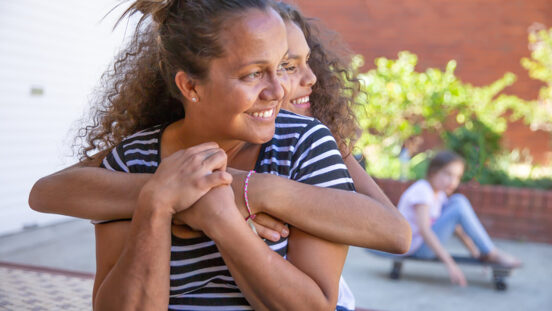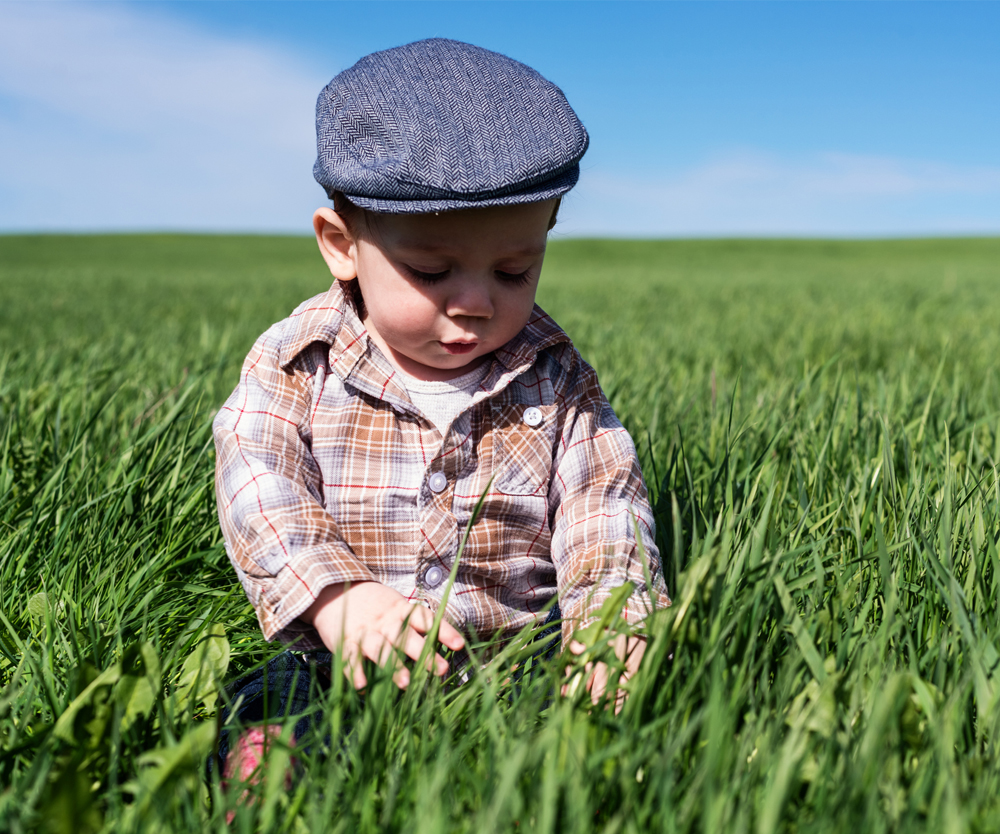Adjusting to life after lockdown and practicing self-care
ReachOut CEO Ashley de Silva is committed to championing young people in Australia to be well and stay well.
By Ashley de Silva, ReachOut CEO
With lockdowns gradually easing across the country, the return of face-to-face learning in full swing and social occasions back on the cards, young people are readjusting to living with COVID-19. For many, this means there will be a whole new set of challenges and changes to contend with, and feeling both stressed and excited is perfectly understandable.
Your teen may be feeling a level of anxiety associated with returning to school, hanging out with friends again, catching the virus or just generally re-engaging with the outside world. It is important to let them know these feelings are completely valid and it might take some time before they feel ‘back to normal’ or even feel comfortable with what their new normal looks like.
For some young people there will also be a sense of excitement about regaining some freedoms, independence and being social again. Either way, it’s important to remind your teen to pace themself and practice self-care.

Ashley de Silva is the ReachOut CEO.
When asked about adjusting to life after lockdown, many young people are telling us that they’re feeling somewhat ambivalent. On one hand, some are excited to finally see their friends again but on the other hand they’re worried about COVID-19 cases rising or being social again.
As a parent, this period of readjustment may be challenging and it is important to create an open dialogue so that your teen feels comfortable reaching out.
Here are five practical tips to talk about with your teen as they adjust to life after lockdown …

Your teen may be feeling a level of anxiety associated with returning to school, hanging out with friends again, catching the virus or just generally re-engaging with the outside world.
- Pace yourself – Remind your teen to take things at a pace that feels comfortable to them. How they feel about going to school one day might be completely different to how they feel the next. Similarly, if a social occasion feels overwhelming to them, remind them that it’s okay to give it a pass this time around.
- Get out the stability rocks – Talk to your teen about finding a process or practice that adds something reliable to their life and makes them feel more grounded. It might be a routine or ritual that counters all the day-to-day disruptions such as regular meal times, reaching out to a friend each day or going out for a daily walk.
- Practice self-care – Encourage your teen to make time for the things they love, whether that be mindfulness, going for a walk, getting enough sleep, listening to music, gaming or hanging out with their pet.
- Be kind to yourself – It is important that your teen (and you) are kind to yourselves and each other. This might mean practicing positive self-talk or finding ways to manage feelings of stress and anxiety such as breathing exercises, focusing on the present, taking a break or talking about how they’re feeling with someone they trust.
- Check in – Sometimes checking in with your teen is exactly what they need. Ask them how they’re feeling, lend an ear and encourage them to slow down, take a breath and reflect on how they’re feeling in that moment. ReachOut’s Checking in with yourself quiz is a good place to start but if your teen feels more comfortable talking to a mental health professional look at seeking some extra support.
So, as we adjust to living with COVID-19 in the community, let’s remind our teens to pace themselves as it might take some time before everyday life returns to some sense of normalcy.
For more information about ReachOut, visit ReachOut.com, ReachOut.com/Parents and ReachOut.com/Schools.
Young people and parents can also access ReachOut’s online communities to connect with others for peer support.




